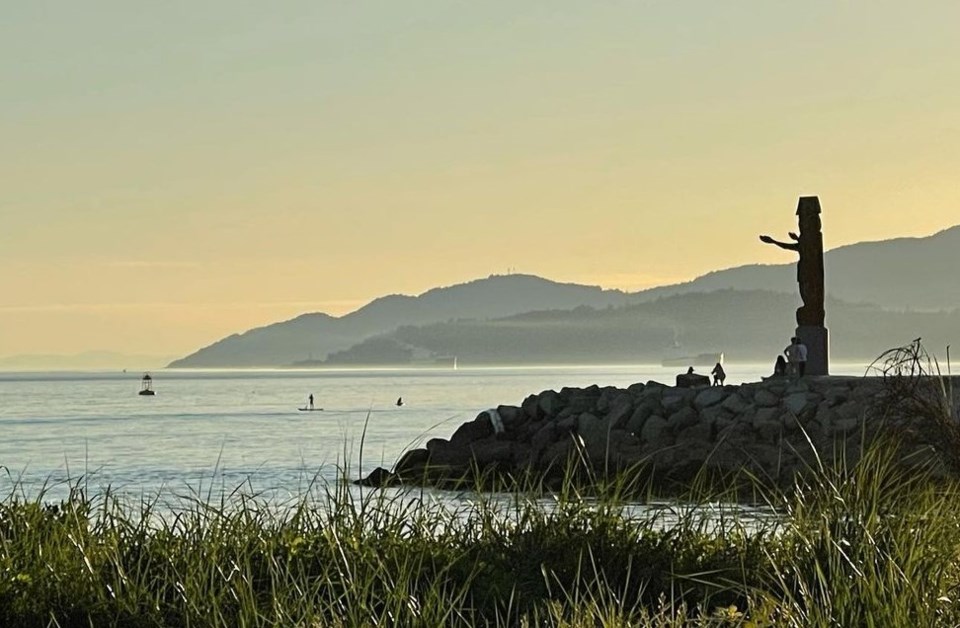This year, National Indigenous Peoples Day comes at an especially significant moment for local First Nations. It was 100 years ago, in the summer of 1923, that 16 First Nations chiefs formally joined their people into a larger political entity with more clout, becoming the Sḵwx̱wú7mesh Úxwumixw (Squamish Nation). The legacy of that forward-thinking decision continues today, with the Squamish recognized as one of the most astute and powerful First Nations in the province.
Next month, the Squamish Nation will celebrate their centennial year with a month-long series of events, a perfect opportunity to learn more about the past and look to the future.
Both the Squamish and the Tseil-Waututh Nations have long been leaders.
Those who have come after Chief Dan George, an early and outspoken advocate of Indigenous rights, have never stopped pushing for their rights and title to be respected. Last week, the Nation hosted a celebration recognizing another outspoken Indigenous leader, George Manual, who had strong connections with the Tseil-Waututh, and urged First Nations people to join and fight for what is rightfully theirs. His face is now on a new Canada Post stamp.
Fast forward to more recent times. This year both the Squamish and the MST Nations, made up of the Musqueam, Squamish and Tsleil-Waututh Nations, have unveiled ambitious plans for land development – on the North Shore, in Vancouver and beyond.
The plans, said to consider the next seven generations, have been welcomed by many, but also met with discontent and worry by others. How dissenting neighbours learn to sit with their displeasure says much about both their grasp of the past and their ability to move respectfully forward into a shared future.





